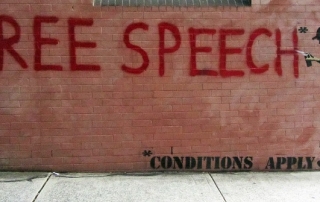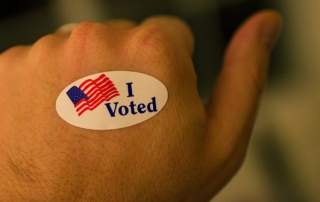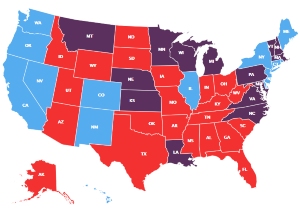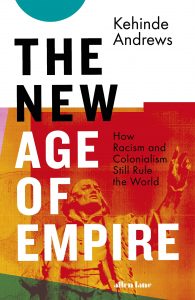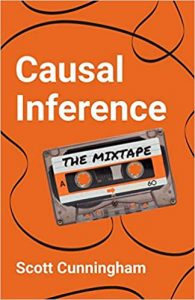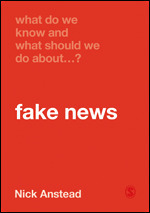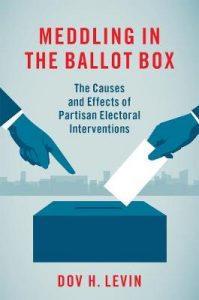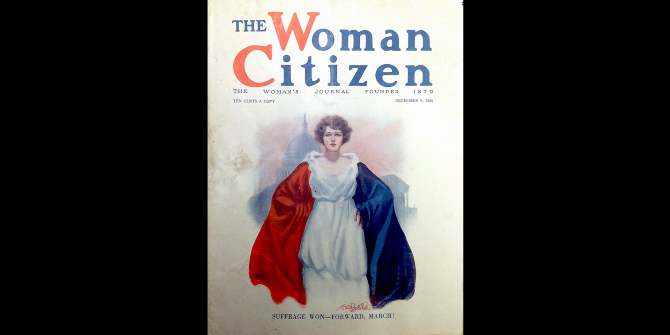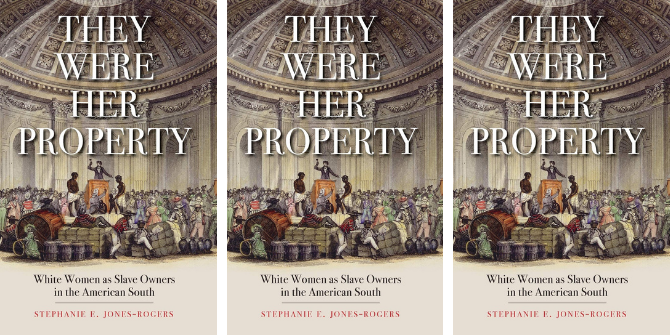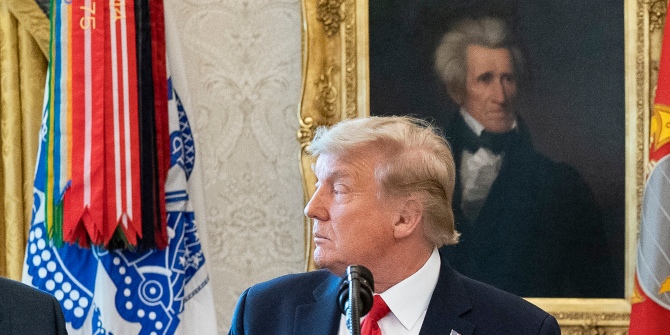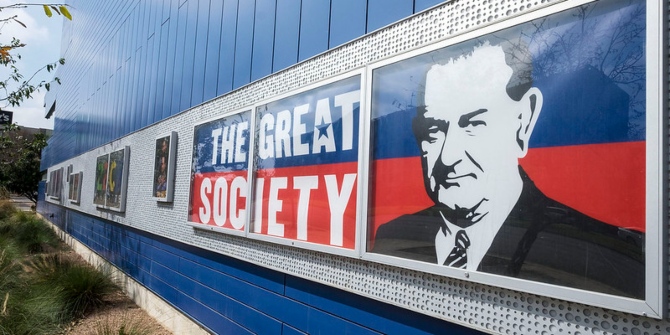Americans’ support for freedom of speech depends on who’s doing the speaking and their message.
Freedom of speech is one of the founding concepts of the American Republic. But at what point do people become unwilling to tolerate the statements of others? In new research, David Doherty and James Stancliffe investigated what affects people’s willingness to tolerate speech related to terrorism and violence. By varying the features of a story about a speech-related arrest […]


